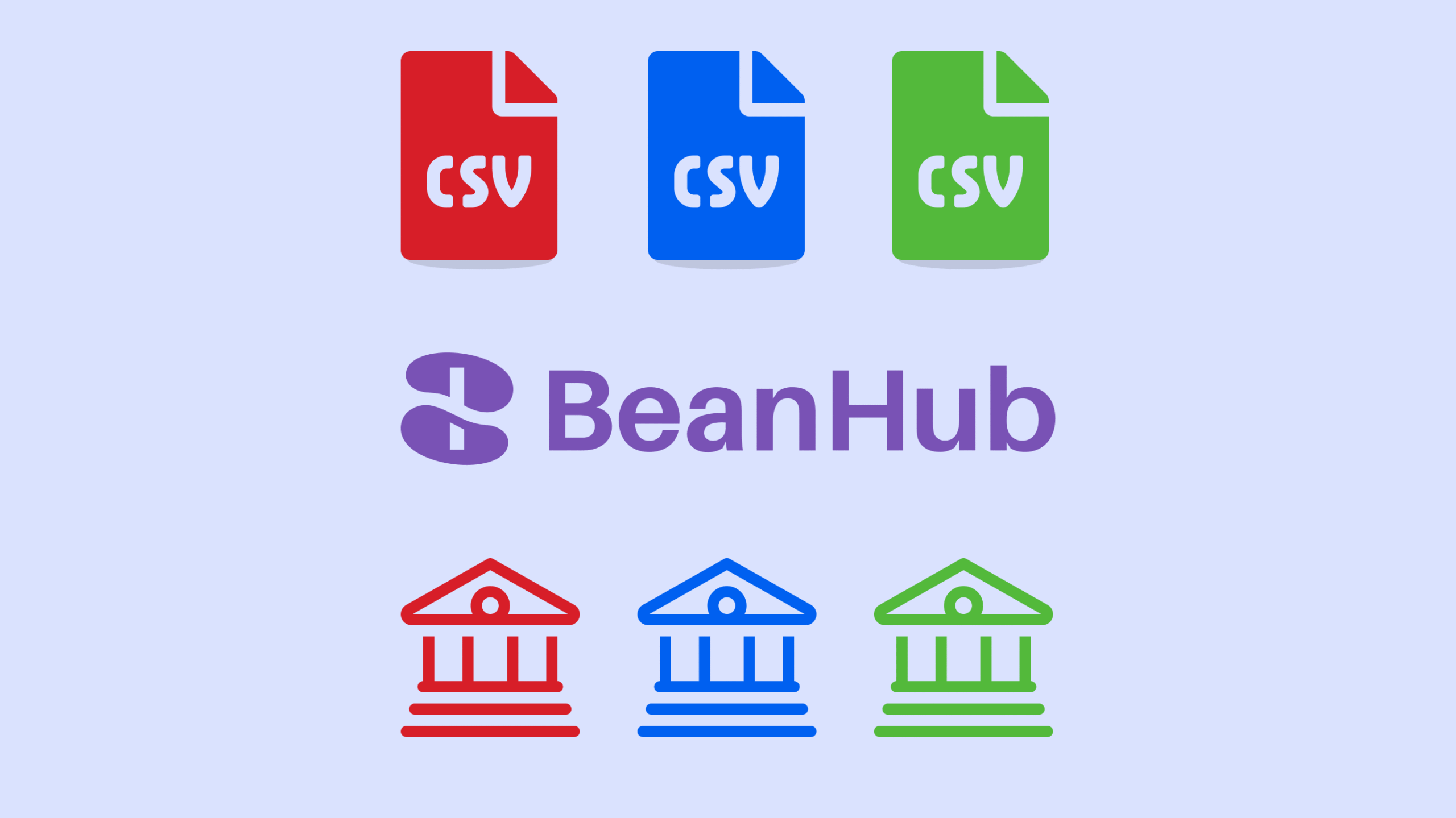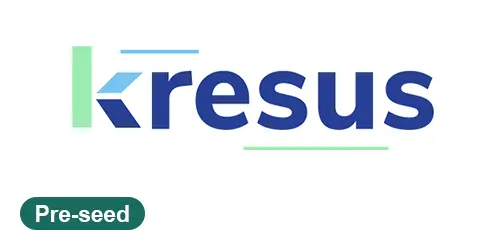Beancount — Ledger-Based Finance Software Using Plain Text
Beancount is not a typical finance app with windows, menus, and dashboards. It’s a text-based accounting system: instead of clicking through forms, users write their accounts and transactions in plain text files. At first this approach can feel unusual, but many finance enthusiasts like the transparency and control it brings.
How it works in practice
A Beancount file looks like a ledger written in a structured format. Accounts are declared — assets, liabilities, income, expenses — and transactions are added line by line. Because it follows strict double-entry rules, the data remains consistent and easy to audit. Reports and charts are generated later through companion tools, such as Fava, a web interface that visualizes Beancount data. This makes it popular among people who prefer to keep their finances close to code or version control systems.
Technical snapshot
| Aspect | Details |
| Platforms | Cross-platform (any OS with Python support) |
| License | Open-source (GPL) |
| Storage | Plain text files |
| Import options | Custom scripts, CSV, plugins |
| Export options | Through Fava or external tools (HTML, charts, JSON) |
| Core strengths | Double-entry, text-based input, automation via scripts |
| Multi-currency | Fully supported |
| Privacy | 100% local, no cloud dependency |
Getting started
Beancount is installed like a Python package. After setup, users create a text file that serves as the main ledger. Transactions are written manually, though import scripts exist to pull data from banks. To view results, many pair it with Fava, which provides a browser interface with charts and reports. Backups are natural — since everything is plain text, files can be kept in Git or any version control system.
Who uses it
– People who enjoy text-driven workflows and want maximum control.
– Freelancers or tech-savvy users who already keep records in plain text or Git repositories.
– Those who value absolute transparency and dislike “black box” finance software.
Why people stay with it
Beancount is lightweight, hackable, and free. It doesn’t hide anything — what you see in the file is exactly what the system processes. The strict rules prevent accounting mistakes, while add-ons and scripts let advanced users shape it to their needs. With Fava or similar tools, it becomes a full dashboard while keeping the core simple.
Bottom line
Beancount is not for everyone — it asks for some discipline and comfort with text files. But for those who prefer clarity, precision, and openness over glossy interfaces, it’s one of the most flexible and reliable accounting systems available.







